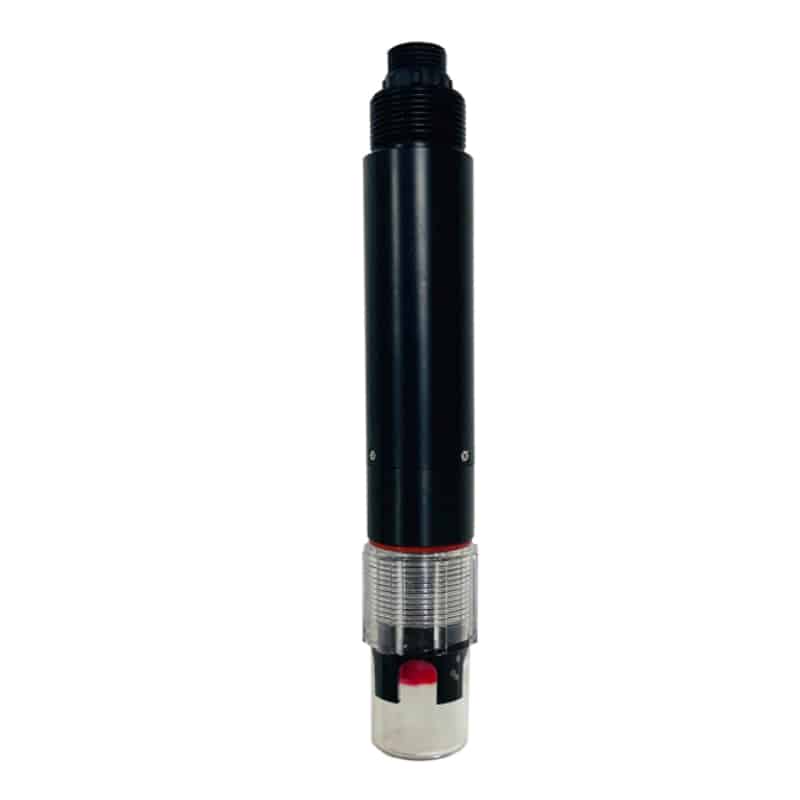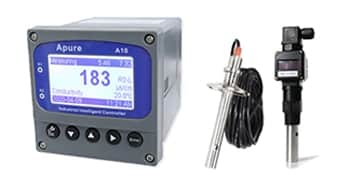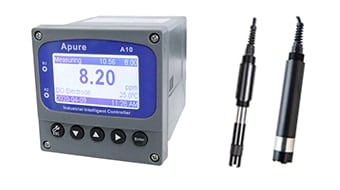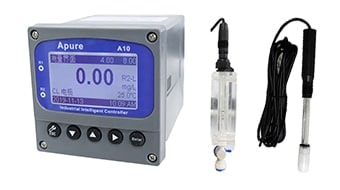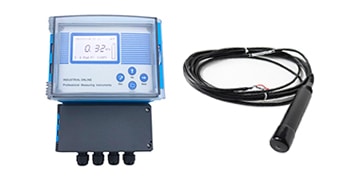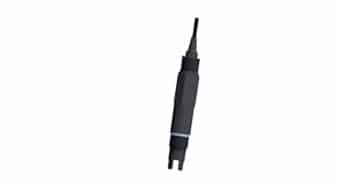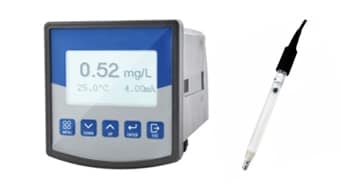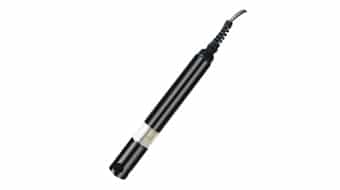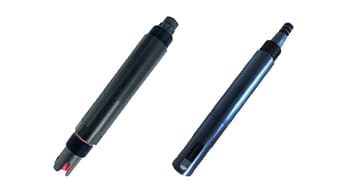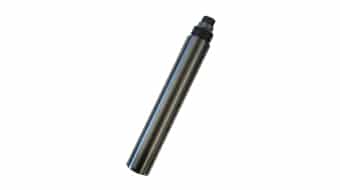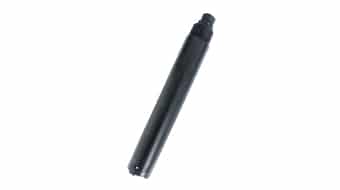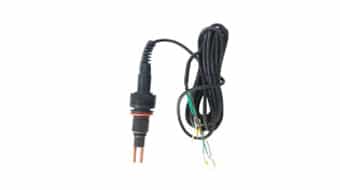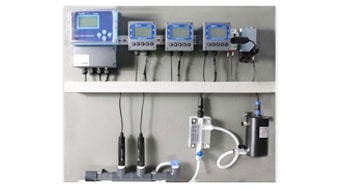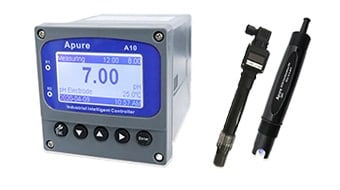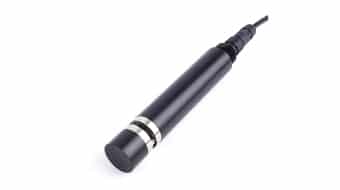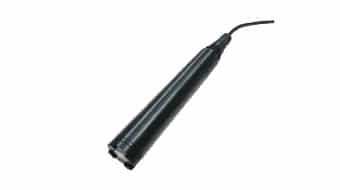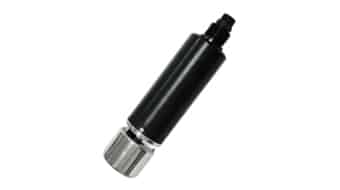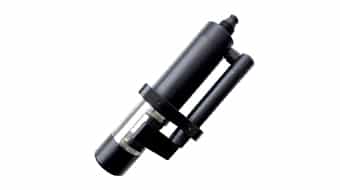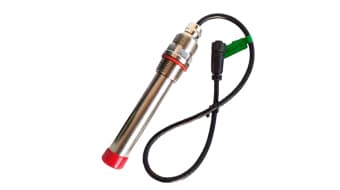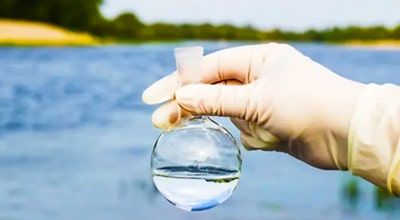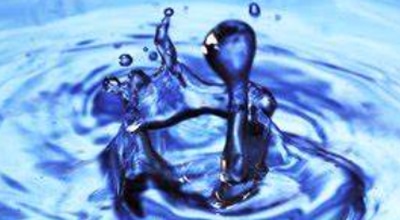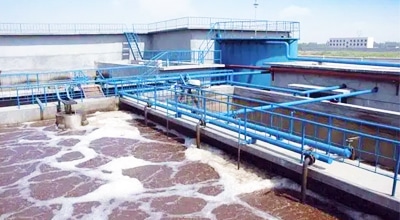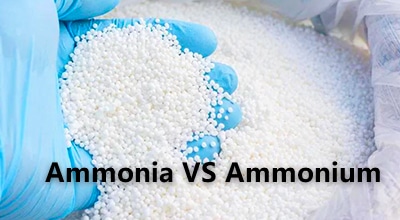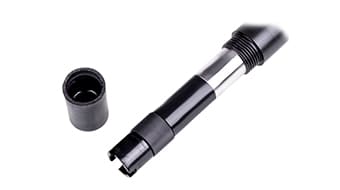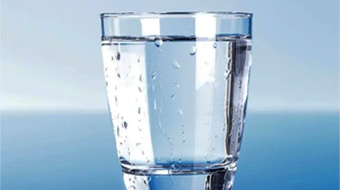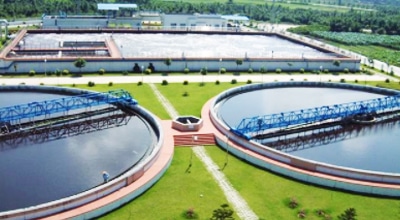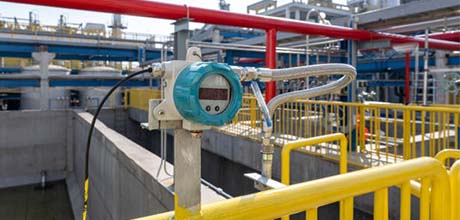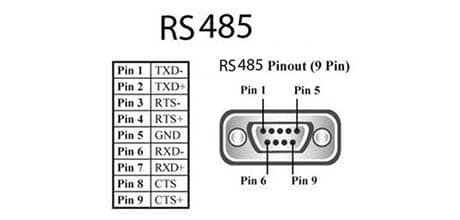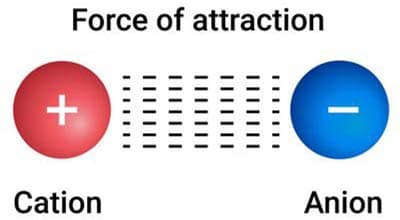Potassium Electrode
Potassium ion is an important electrolyte that is present in most foods. As an essential element for plant growth, it is one of the ions used in fertilizers along with nitrogen and phosphate. Apure manufactures and supplies high quality, reliable, fast and affordable potassium ion selective electrodes (ISE) for your use. Potassium sensors can be used to measure the concentration and activity of potassium ions in aqueous solutions.
Uses for monitoring potassium ions
Potassium is an important electrolyte that is part of many foods. It is also an essential element for plant growth. Potassium ion selective electrodes are commonly used to take readings in the field, in lakes or streams.
The following are applications for Potassium ISE:
- Wastewater (environmental monitoring)
- Food quality control
- Soil analysis (to assess nutrient concentrations in soil)
- Plant sap analysis (to assess fertilizer application efficiency and crop nutrition)
- Food analysis (fish, meat, vegetables)
- Saliva analysis
Principle of potassium ion selective electrode
The Potassium Ion Selective Electrode (K+ ISE) is an indicator electrode specifically designed to measure the concentration (actually, it should be the activity) of potassium ions in solution. It consists of the following components:
- Electrode substrate: usually made of glass, plastic or metal, which provides support for the electrode.
- Selective Membrane: is the core part of the electrode and is made of materials with high selectivity for potassium ions, such as organic ion exchange resins, liquid ion exchangers or rigid ion carriers.
- Internal reference electrode: in contact with the selective membrane, provides a stable reference potential.
- Lead wire: Transmits the electrode potential to the measuring instrument.
The working principle of the potassium ion selective electrode is based on the measurement of the membrane potential. The membrane potential is the potential difference that arises between two different ion concentrations in a solution. When the potassium ion selective electrode is immersed in solution, the selective membrane is preferentially selective for potassium ions, so that potassium ions cross the membrane and exchange with anions on the inside of the membrane to form a positive charge. Other ions in the solution, such as sodium and calcium ions, are rejected by the membrane. Since the ions on the inside and outside of the membrane are not evenly distributed, a potential difference, known as the membrane potential, is created.
The magnitude of the membrane potential is related to the concentration of potassium ions in solution and follows the Nernst equation:
E = E0 + (RT / F) * ln(aK+)
- E: membrane potential
- E0: standard electrode potential
- R: gas constant
- T: absolute temperature
- F: Faraday constant
- aK+: potassium ion activity
According to the Nernst equation, it can be seen that the membrane potential is proportional to the logarithm of the potassium ion concentration. Therefore, by measuring the membrane potential, the potassium ion concentration in solution can be deduced.
Types of potassium ion selective electrodes
- Organic ion exchange resin type: it is the most common type of potassium ion selective electrode, and the selective membrane is made of organic ion exchange resin.
- Liquid ion exchanger type: the selective membrane is made of liquid ion exchanger, which has high sensitivity and selectivity.
- Rigid Ion Carrier: The selective membrane is made of rigid ion carrier with good stability and mechanical strength.

